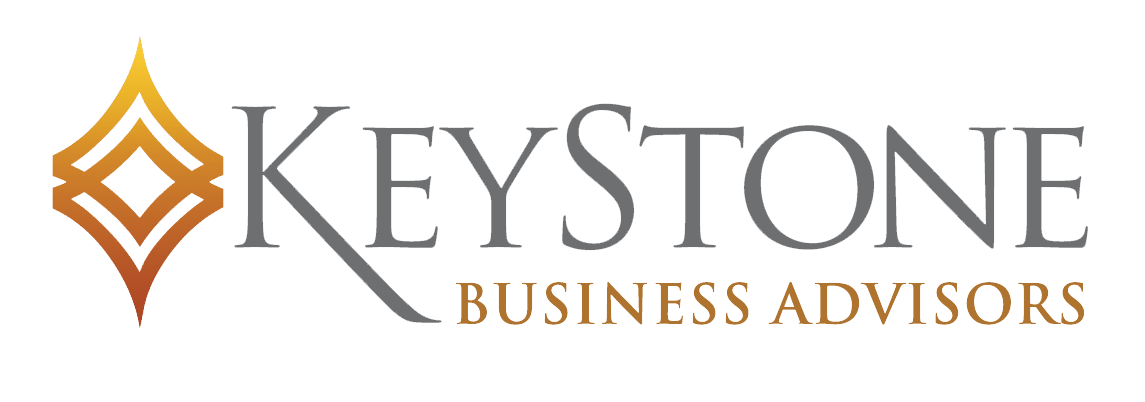Is Earnest Money required when selling a business?
Is earnest money or a breakup fee required when selling or buying a small business? The answer to this question may surprise you depending on who you are. If you talk to a business seller or a business buyer, they may answer you the same, however as you dig in a little more into their answer you will see a glaring difference in the answer. A business seller will have a very different perspective from the business buyer.
Sometimes these terms are used interchangeably; however, there is actually a significant difference between an earnest money deposit and a breakup fee, and a good understanding of both and why they are used will help answer the question posed in the title of this article.
First, let us define these terms.
Earnest Money
Is a deposit made to a seller showing the buyer’s good faith in a transaction. Earnest money is typically held jointly by the seller and buyer in a trust or escrow account, and has its origins in the real estate world. An earnest money deposit shows the seller that a buyer is serious about purchasing the business. When the transaction is finalized, the funds are put toward the buyer’s down payment. If the deal falls through, the buyer may not be able to reclaim the deposit. Typically, if the seller terminates the deal, the earnest money will be returned to the buyer. When the buyer is responsible for retracting the offer, the seller will usually be awarded the money.*
Breakup Fee
is a fee used in transactions to protect the buyer in the scenario where the seller may back out of a deal. The purpose of the fee is to compensate the prospective buyer for the expenses of the due diligence of the deal. Typical expense are fees associated with quality of earnings, legal due diligence, legal preparation of purchase agreement and letter of intent, and possibly travel and other expenses etc. The expenses that the buyer pays out of pocket are significant and can range between $20K to $200K or more depending on the size of the deal.
The main difference in both of these fees is that an earnest money deposit is made by the buyer on behalf of the seller, and the Breakup fee is made by the seller on behalf of the buyer. The moral of the story is that both parties would love to have some financial deposit to protect their interests, but the question becomes who deposits and how much?
What do we see in real life?
The answer is mostly dependent on the size of the transaction and who the buyer is. Most transactions between $1M and $10M do not include a breakup fee or an earnest money deposit. In larger deals over $10M, it is more common to see breakup fees, and rarely earnest money deposits. And regarding earnest money deposits, we typically see these only on the smallest of deals i.e. under $1M, where the parties go directly into a purchase agreement. Most deals where a letter of intent (LOI) is used will typically not contain any earnest money deposits.
The negotiation of an earnest money deposit or breakup fee can be an important part of negotiation process and it is not uncommon to have deals sputter out because both parties cannot agree on the initial terms and conditions of the fee. Because both parties take some amount of risk during the process of closing a transaction, we typically stay away from these fees except in the smallest of deals. Although Buyers will typically try to get a breakup fee into the deal, we have seen most seller clients not agree to a breakup fee. Even though the buyer will be spending significant money on due diligence and attorney fees, the seller is also spending a quite a bit of time and money as well and is typically taking the deal off the market for the exclusivity of the buyer to complete the deal. Therefore, unlike an earnest money deposit, the breakup fee, although often discussed, is rarely included in the final agreements as the parties will either not agree or demand that they are mutual.
In Summary, it is important to know what each of these terms represents and why they are used, but it is more important to keep your eye on the ultimate goal, which is to get the transaction completed. It is extremely important to enter into an agreement with a party that your advisors believe makes sense and has a high likelihood of closing. The earnest money deposit and / or breakup fee is not what is ultimately going to hold the deal together. Not getting the deal done is the largest risk for both parties, and thus it is important to have the right seasoned M&A Advisor on your side to make sure this risk is mitigated by evaluating bot the qualitative and quantitative aspects of the deal terms as well as the capability and motivation of the parties involved.
* Earnest Money Definition | Investopedia
* Breakup Fee Definition | Investopedia
